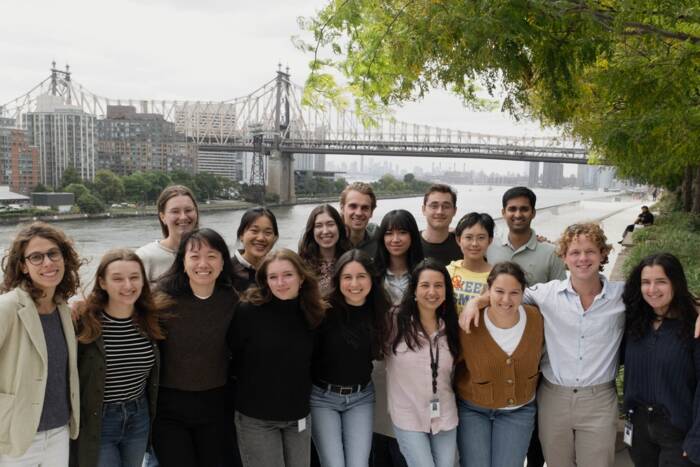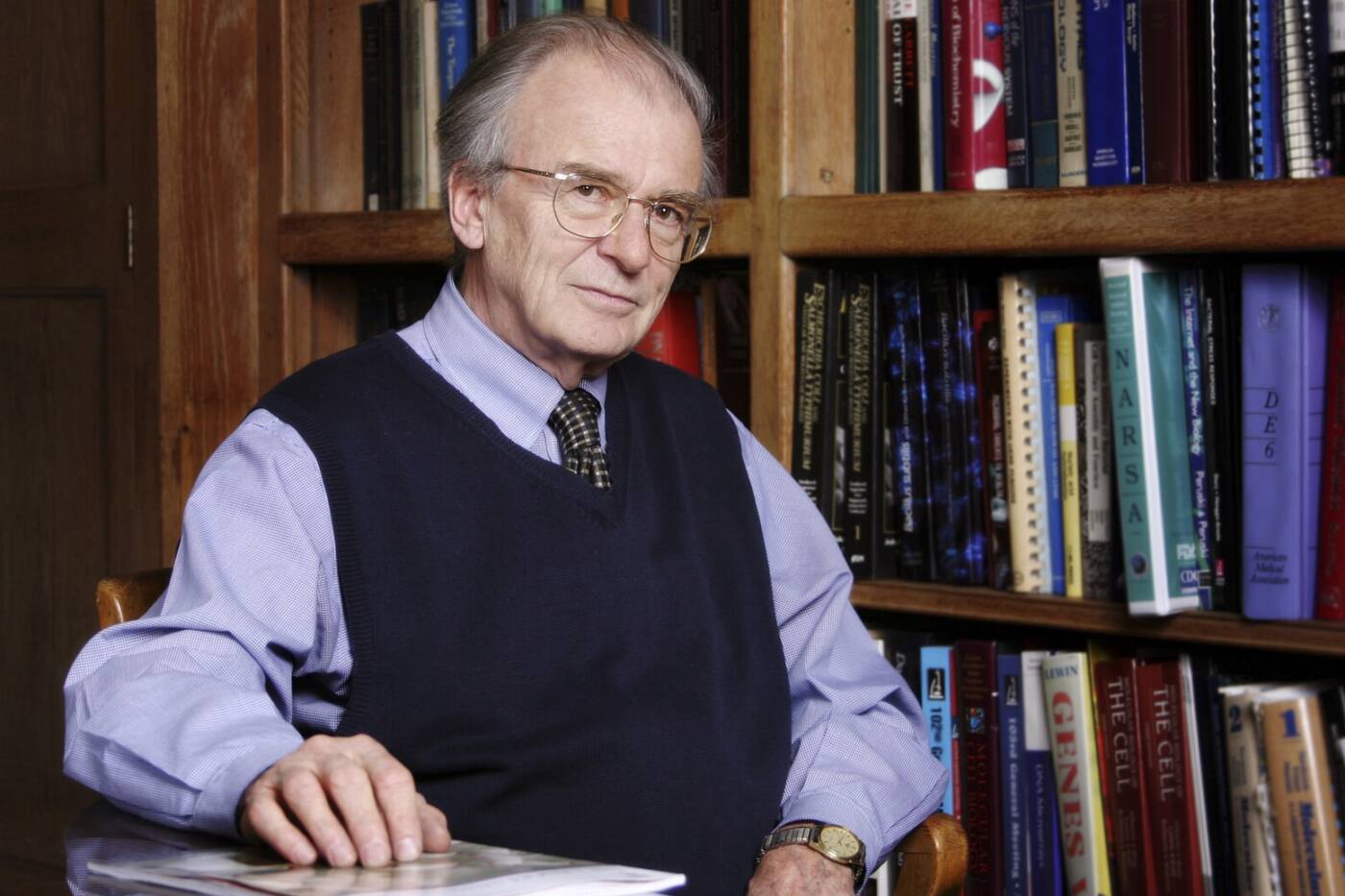$4.5 million grant funds interdisciplinary fellowships at Rockefeller
The Leon Levy Foundation, a philanthropy created by the estate of former Rockefeller University trustee Leon Levy, cofounder of Oppenheimer and Company, has awarded a $4.5 million grant to the university to fund the Leon Levy Presidential Fellowships in Neuroscience. Designed to recruit young scientists whose research is at the crossroads of physics, mathematics and neuroscience, the Levy Fellowships in Neuroscience will serve as the pilot phase in a larger Presidential Fellows Program established to encourage interdisciplinary research.
The neuroscience fellowships will be two-year, non-tenure-track appointments, and fellows will have independent positions not attached to existing laboratories at the university. Grant money will cover fellows’ salaries and provide research support and equipment allowances. Funds will also be set aside for travel to scientific conferences and for fellows to establish a lecture series at the university.
“The extraordinary generosity of the Levy Foundation will help us to achieve a long-sought goal of bringing Presidential Fellows to campus,” says university president Paul Nurse. “The academic freedom the fellowships provide will allow the Levy Fellows to take innovative, interdisciplinary approaches to answering key questions in neuroscience.”
Outlined in President Nurse’s strategic plan for the university in 2005, the Presidential Fellows Program is an initiative to recruit young scientists in broad areas of biology, biomedicine and the physical and quantitative sciences. The Levy Fellowships in Neuroscience will be established within the Shelby White and Leon Levy Center for Mind, Brain and Behavior, originally founded in 1998 through a grant from Leon Levy and his wife, Shelby White, to conduct research on the neural basis of complex mental processes.
Shelby White, founding trustee of the Leon Levy Foundation, said, “Leon had an intense interest in the function of the human brain and its effects on behavior. He was particularly interested in psychology. We have long supported the pioneering scientific discovery at Rockefeller University, particularly through the Leon Levy and Shelby White Center for Mind, Brain and Behavior. We are pleased to continue that tradition with these important neuroscience fellowships.”
The White-Levy Center is directed by President Emeritus Torsten N. Wiesel, who shared the 1981 Nobel Prize in Physiology or Medicine for studies of how visual information collected by the retina is transmitted to and processed in the visual cortex of the brain. Two Rockefeller professors will serve as mentors for the fellowship program: Cori Bargmann, Torsten N. Wiesel Professor and head of the Laboratory of Neural Circuits and Behavior; and A. James Hudspeth, F.M. Kirby Professor and head of the Laboratory of Sensory Neuroscience. Both professors are also investigators at the Howard Hughes Medical Institute.
“To move neuroscience forward in significant ways, we need the contributions of scientists who can develop and apply theoretical approaches to study the brain as a complex system,” says Bargmann, who is also associate director of the White-Levy Center. “Independent thinkers who can apply the higher-order tools of physics and mathematics to biological problems will play a critical role in tackling questions about the brain that seemed unapproachable just a few years ago.”
The university will hire two neuroscience fellows in the 2008–09 academic year and two each additional year. In addition to recruiting young scientists, a portion of the grant will help pay for visiting professorships for more established investigators to share their work and initiate collaborative, interdisciplinary research efforts at the university. William Bialek, theoretical physicist and professor at Princeton University, joined Rockefeller in October as its first visiting professor.
The Leon Levy Foundation, founded in 2004, is a private, not-for-profit foundation created from the estate of Leon Levy, a legendary investor with a longstanding commitment to philanthropy. The foundation’s overarching goal is to continue the tradition of humanism characteristic of Levy by supporting scholarship at the highest level, ultimately advancing knowledge and improving the lives of individuals and society at large.


